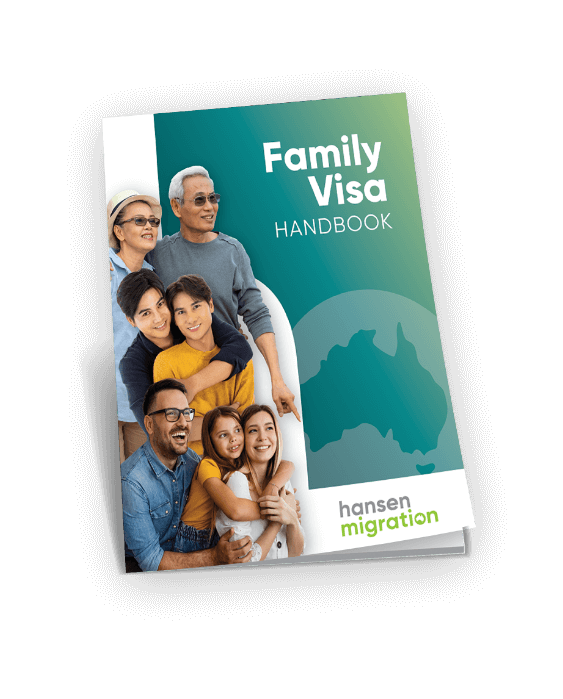As you might expect, becoming a Migration Agent requires legal training. Thus, in order to be eligible, you must either have a current law practising degree or have obtained a Graduate Diploma in Australian Migration Law. With only certain universities offering this recognised degree, the course covers the specific knowledge areas required by OMARA.
In addition to completing a course, a successful migration agent must also complete a Capstone Assessment, separate from the university course. This written and oral capstone assessment determines whether or not the student has achieved the learning outcomes they were intended to obtain – namely if they are able to provide professional advice on Australian migration matters in accordance with the OCS (Occupational Competency Standards for Registered Migration Agents).
2. Obtain a recent National Police Check
Everyone who is pursuing a Migration Agent Qualification must undergo a National police check, completed by the Australian Police Force (AFP). Intended to show that an applicant is a person of honesty and integrity, this police check shows things such as interstate criminal/traffic outcomes as well as ongoing proceedings or warrants. The police check must be completed within the last 12 months prior to registering to become a migration agent.
3. Purchase professional indemnity insurance
Holding professional indemnity insurance is intended to help both the migration agent and their clients. Though it varies based on what kind of environment the Migration Agent is practising in, indemnity insurance up to at least $250,000 is required. Though every business person likes to think they won’t have any claims brought against them, the plain fact is they happen. By purchasing professional indemnity insurance, agents avoid any financial setbacks that could adversely affect the business in the event of a court filing.
4. Maintain a professional library
A professional library containing the most current law must be maintained at a migration agent’s place of business. When becoming a migration agent, you must have access to the current Migration Act and Regulations, as outlined on the MARA website. Part of this requirement also dictates that you subscribe to one of two online databases that give you access to portfolio policies and procedures. Lastly, there are also recommended inclusions for a professional library that includes citizenship legislation and policy.
5. Continuing Professional Development
Given that legislation is a continuously evolving industry, once you become a migration agent, you are required to complete professional development hours each year to keep abreast of these changes. These professional development hours can come in a few different forms: courses, lectures, conferences, workshops, or programmes of education. For the entire span of time that a migration agent is registered in Australia, these professional development hours must continue to be fulfilled.
Obtaining a migration agent qualification in Australia is a thorough and continuous process. This helps to create a standard across all migration agents – that they are trained to the same high standards, have all of the relevant legislation readily available, and they have the integrity required when giving legal advice.
If you would like to get a good insight into what it’s like to be a migration agent, feel free to look into this SBS documentary, Who Gets to Stay in Australia.









